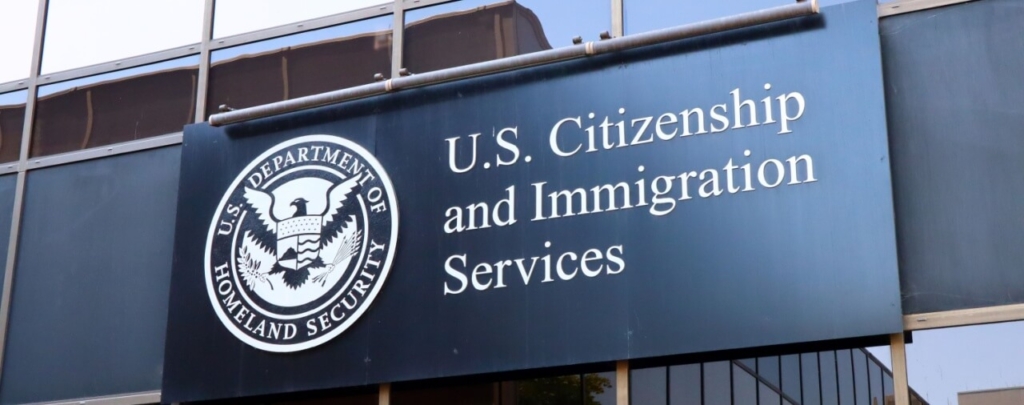The American Immigration Lawyers Association (AILA) announced yesterday on AILA InfoNet that several former consular officers have argued for judicial review of the consulate made decisions in their Amicus brief filed in Kerry v. Din, an ongoing case arising out of the Ninth Circuit about the reviewability of the decisions made by consulate officers. The Amicus brief [PDF version] argues that judicial review “should be available for visa adjudications denied on grounds extending beyond consular discretion, with appropriate restrictions to prevent release of classified information.”
The case arose out of the U.S. Court of Appeals for the Ninth Circuit. It originated from an immigrant visa petition filed by Fauzia Din, a United States Citizen, on behalf of her lawful husband Kanishka Berashk, a citizen and resident of Afghanistan. While the petition was approved by the United States Citizenship and Immigration Services (USCIS), the actual immigrant visa was denied for the husband without explanation. Instead of explaining, the Consulate cited 8 U.S.C. § 1182(a)(3)(B); INA 212(a)(3)(B) [PDF version], which excludes foreigners on terrorism-related grounds.
Mrs. Din suited. On a motion to dismiss before a District Court Judge the Government argued that consulate visa related decisions are not reviewable under the standards discussed in Bustamante v. Mukasey, 531 F.3d 1059 (9th Cir.2008) [PDF version]. The Judge concluded that U.S. DOS put forward “facially legitimate reasons to deny” the visa petition. The U.S. Court of Appeals for the Ninth Circuit, where Mrs. Din filed her appeal, disagreed, reversing the District Judge’s decision and finding existence of no “facially legitimate reason to deny Berashk’s visa.” The DOS appealed to the U.S. Supreme Court, which agreed to review the matter and granted certiorari on October 2, 2014 [PDF version]. In requesting certiorari [PDF version], U.S. Department of State requested that U.S Supervene Court resolve the issued onf nonreviewability of the DOS visa decisions.
In reversing the decision of the District Judge, the Ninth Circuit Court held that “the Government’s citation to § 1182(a)(3)(B), when combined with its failure to assert any facts, is not a facially legitimate ground for denying Berashk’s visa. Should we conclude that citation to § 1182(a)(3)(B) is a facially legitimate reason for the denial of Berashk’s visa, then citation to § 1182(a), which lists all grounds of inadmissibility, would be sufficient. Any judicial review would be wholly perfunctory requiring only that we ensure the Government has properly said nothing more than “8 U.S.C. § 1182(a).”
The Court pronounced loud and clear that there had to be limit to how far the Executive Branch could go in trying to curtail the review power of the Court — “Limited as our review may be, it cannot be that Din’s constitutional right to review is a right only to a rubber-stamp on the Government’s vague and conclusory assertion of inadmissibility.”
The DOS appealed, trying to preserve its practically unchallenged authority to make decisions which would not be reviewable by a court. The U.S. Supreme Court will now decide whether immigrant visa denials by a consulate officer to a U.S. citizen’s spouse can be unconstitutional under certain circumstances and if such circumstances are present, whether such decision can be challenged in a court of competent jurisdiction. The review of this issue is long overdue and needed to restrict the unfettered power of the U.S. DOS officers to make arbitrary decisions without looking back or being concerned with any accountability review by the judicial branch.
References:
Infonet at AILA.org, posting dated October 22, 2015.
LexisNexis Newsroom, dated October 3, 2014.
Din v. Kerry, 718 F.3d 856 (CA9, No. 10-16772, May 23, 2013) [PDF version]





